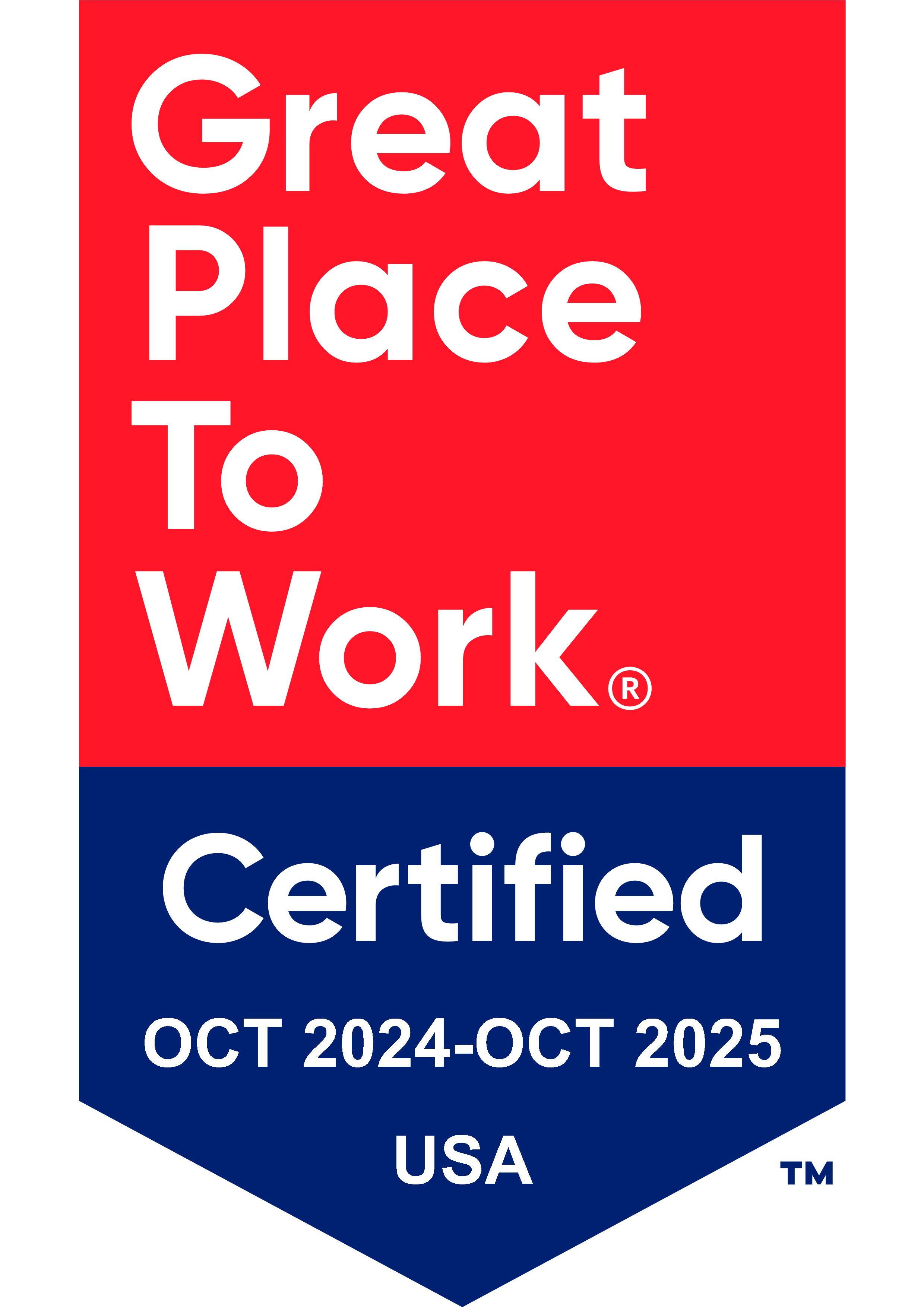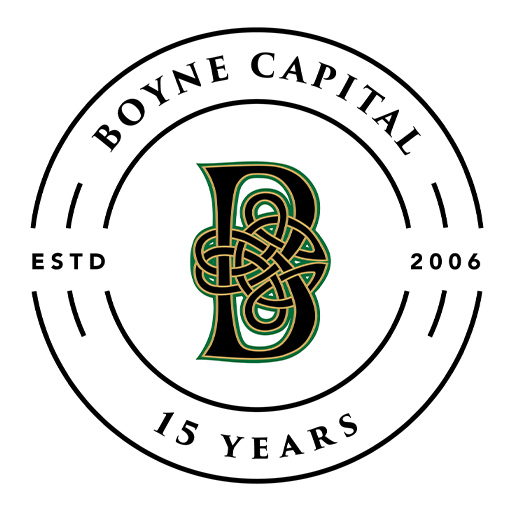The Independent Sponsor’s Never-Ending Challenge – How to Finance a Fund-Less Operation

The Independent Sponsor’s Never-Ending Challenge – How to Finance a Fund-Less Operation
Independent Sponsors, or fund-less deal makers, are playing a growing role in sourcing and negotiating M&A deals, especially in the lower middle market where multiples are lower and the upside potential is considerably higher. By some reports, US deals closed by Independent Sponsors in 2015 approached $22 billion in total value. With M&A activity continuing at a fevered pitch, we can expect this trend to continue to grow, but there will be challenges along the way.
Of all the challenges facing an Independent Sponsor – and there are many – perhaps the greatest is overcoming a lack of funds. Basic sole-proprietor expenses ranging from rent and business insurance to phone charges and travel costs all add up, and then there are the prospecting costs of identifying and negotiating with an acquisition target company – all before lining up the financing for the deal itself. The business of being an Independent Sponsor can be a precarious one.
Let’s consider the financial hurdles Independent Sponsors must leap to cinch the deal… and how those can be overcome.
1. The Risks and Rewards of Being Independent
The Independent Sponsor generally is a singular operator – self-funded for the most part, especially in the early stages of the firm – which means the Independent Sponsor must be self-supporting as he or she searches for acquisitions.
That search requires resources, and those resources and related expenses represent the Independent Sponsor’s upfront investment in the deal and provide the justification for commissions and closing fees. But not all presumptive deals reach a successful close. This represents the risk that the Independent Sponsor takes in pursuing a target company.
2. Pre-Deal Expenses
The level of expense will depend somewhat on the size of the Sponsor’s network and how much marketing must be done to raise the Sponsor’s visibility and establish the Sponsor’s bona fides as a deal-maker within the target industry. The cost of doing business as an Independent Sponsor includes traditional marketing expenses, plus the costs of prospecting to uncover acquisition opportunities, travel to industry events, meetings and presentations to acquisition targets. There are costs related to the initial due diligence needed to assess the viability and marketability of the acquisition.
Travel costs, fees to other service providers and other expenses put stress on what limited funding an Independent Sponsor may have, while also seeking to raise capital without having identified investors.
3. Due Diligence Dues
Once a target acquisition has been identified, vetted and approached, the real due diligence work begins… as does the cash outlay. A variety of professionals will be called upon to assess the target company. These professional services can run into the tens of thousands of dollars, depending on the size and complexity of the acquisition.
Attorneys’ fees: Based on the point in a transaction an Independent Sponsor becomes involved, he or she may need to hire an attorney to draft the term sheet or purchase agreement. Once a term sheet has been accepted, the due diligence begins in earnest, necessitating further legal fees to review business structure, governance, sales contracts, lease commitments, employment agreements, background checks, pending litigation, business obligations and more.
Accountants’ fees: While attorneys review the legal landscape of the potential deal, accountants will perform financial due diligence. They will undertake a complete audit of earnings reports, regulatory filings, accounts payable and receivable, capital expenses, ownership stakes and obligations (warrants, dividend commitments, pay-backs), operational expenses and leases, employee compensation and retirement plans, assets and inventory valuations, financial liabilities, banking relationships, business loans and much more. In some cases, specialist accountants may be required to conduct the due diligence.
4. Cushioning the Financial Blow from Dead Deals
When processes fail, and deals do not close, due diligence fees are wasted, compounding an Independent Sponsor’s financial challenges. The upfront expenses for travel, legal analysis, financial audits, business review and other due diligence steps are not recoverable. Perhaps, the most significant cost in a failed transaction is the lost time and opportunity to pursue what could have been a successful deal. When Independent Sponsors spend significant time (and cash) pursuing a deal, it is imperative it be the right deal and it needs to close.
One solution is to identify alternative fee structures with legal, accounting and financial service providers. Some accountancies or law firms offer a schedule of success and failure fees, which coincide with the stages of the due diligence and acquisition processes. These structures help align the service provider with the progression of the transaction, maintaining a certain amount of motivation and momentum towards a successful close. However, these types of agreements are not common, and they are typically developed over time as service providers work with Sponsors on successive deals.
A more advantageous strategy to minimizing the Independent Sponsor’s risk and cash outlay would be to identify early in the process a Private Equity funding partner willing to share the risk and reward.
Mitigate Risk and Maximize Returns
Forward-thinking Private Equity firms looking to build a portfolio of lower-middle-market companies realize the value that Independent Sponsors bring to acquisitions: sector knowledge, industry-specific operations expertise and invaluable contacts within the targeted industry. Those value traits establish the Independent Sponsor’s credentials and lead to a closer working relationship with a PE partner, one who, like Boyne Capital, will be willing to share the burden of due diligence and transaction costs.
In this scenario, the Independent Sponsor can fund both the acquisition process andthe deal. This shared risk approach also provides the Sponsor a stronger hand in the negotiation and a quicker time to close. In the unlikely event the deal does not close, the Independent Sponsor does not have to absorb all the due diligence expenses alone, leaving funds available to pursue the next deal.
Sharing risk and sharing reward makes the Independent Sponsor – Private Equity firm alliance an attractive proposition for both parties.
– – – – – – – – – – – – – – – – – – – – – – – – –
Derek McDowell, a one-time Independent Sponsor and veteran of more than 25 years in the private equity industry, is Managing Partner for Miami-based Boyne Capital Partners. Boyne Capital successfully transitioned from an independent sponsor into a committed-capital private equity firm. The firm continues to focus on partnering with independent sponsors. Since its founding in 2006, Boyne Capital has completed approximately fifty investments and has supported numerous seasoned executive teams and experienced independent sponsors. www.boynecapital.com




